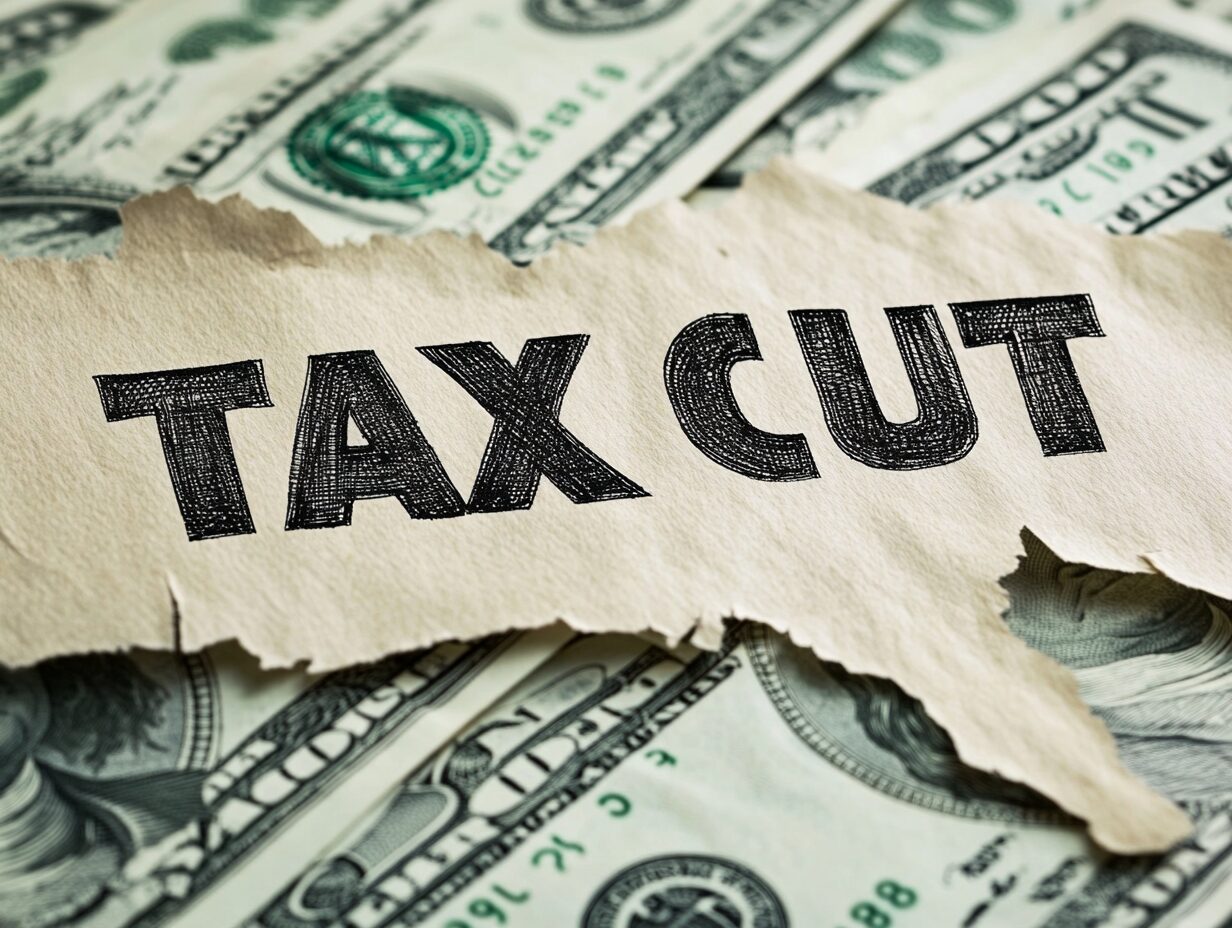Imagine getting paid time-and-a-half for overtime and actually keeping all of it. Sounds too good to be true, right? Well, Uncle Sam might be about to give American workers the biggest payday perk since sliced bread – tax-free overtime pay.
The House just dropped a bombshell with their latest budget resolution, and it’s got everyone from factory workers to waitstaff doing double-takes at their paystubs. While the current system takes a hefty bite out of those extra hours you work, a major shake-up could let you keep every penny of your overtime earnings. Let’s break down what this could mean for your wallet.
https://www.facebook.com/watch/?v=1155273036261247
Current Tax Situation and Proposed Changes for Overtime Pay
How Overtime Pay Gets Taxed Today
Right now, when you work those extra hours beyond 40 per week, Uncle Sam takes his share through federal income tax, Social Security, and Medicare deductions. The Fair Labor Standards Act (FLSA) requires employers to pay time-and-a-half for overtime hours, but these earnings still get hit with taxes. About 8% of hourly workers and 4% of salaried employees regularly clock overtime hours, with even more doing so occasionally.
What’s Changing with the New Proposal
The House just passed a budget resolution (217-215) that could change everything about how overtime gets taxed. The plan would let workers keep their entire overtime earnings without federal income tax taking a bite. Think about it – every extra hour you work would put more money directly in your pocket.
When Will These Changes Take Effect?
Here’s the thing – even though the House passed their resolution, we’re not quite there yet. The Senate’s working on their own version, and both chambers need to agree before anything becomes law. So while everyone’s asking when tax-free overtime starts, the short answer is: we’re waiting on Congress to finish their homework.
Who Gets These Tax Breaks?
The changes would mostly help hourly workers who put in more than 40 hours weekly. If you’re salaried and exempt from overtime, you probably won’t see any difference. Service industry folks, factory workers, and others who regularly clock extra hours stand to benefit the most.
Money in Your Pocket
Let’s talk numbers. The Committee for a Responsible Federal Budget crunched the numbers and found this could mean anywhere from $250 billion to $1.4 trillion less in government revenue from 2026 to 2035. But for workers? That’s money staying in their wallets instead of heading to Washington.
What This Means for Your Paycheck
Without federal taxes taking a chunk of your overtime pay, you’d see a bigger difference between regular hours and overtime on your paycheck. Those time-and-a-half hours would actually feel like time-and-a-half, not time-and-a-quarter after taxes.
Keeping Track of Hours
For workers looking to make the most of tax-free overtime (if it passes), good record-keeping becomes extra important. Writing down your hours, keeping pay stubs, and double-checking your time cards will help make sure you’re getting every dollar you’ve earned.
What Employers Might Do
Some business owners are scratching their heads about how this could change things. They might need to rework their scheduling, update their payroll systems, and maybe even hire more people instead of paying overtime. But for many workers, overtime shifts could become more appealing than ever.
Looking at Different Income Levels
The impact won’t be the same for everyone. Workers in lower tax brackets might see smaller benefits compared to those in higher brackets who currently lose more of their overtime pay to taxes. Still, any worker putting in extra hours would take home more money than they do now.
What Could Go Wrong?
Not everyone’s cheering about this idea. Some folks worry about how the government will make up for lost tax money. Others point out it might make the tax code more complicated or cause headaches for payroll departments. Plus, there’s concern about whether employers might cut back on overtime opportunities if labor costs go up.
Remember, these changes aren’t set in stone yet – they’re part of a bigger budget battle in Congress. But for millions of American workers who put in those extra hours, the possibility of tax-free overtime could mean real changes to their take-home pay.
What’s Next for Tax-Free Overtime?
The path to tax-free overtime isn’t a done deal yet, but it’s got plenty of workers dreaming about fatter paychecks. While Congress dukes it out over the details, millions of Americans are watching closely, hoping their extra hours might soon pack more punch in their bank accounts.
Whether this becomes reality or remains a “what-if” scenario, one thing’s clear – the conversation about how we tax overtime isn’t going away anytime soon. Keep your eyes peeled and your calculator handy – your overtime hours might just become a lot more valuable.













